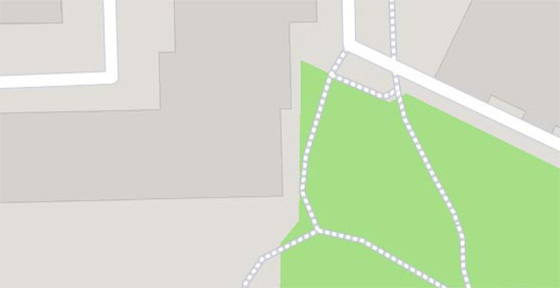Palmiry is a mausoleum cemetery located in the Kampinos National Park. It is a place of national remembrance with the graves of over two thousand Poles - victims of mass executions, which were carried out by the Germans during World War II.
" It's easy to talk about Poland, it's harder to work for her, even harder to die, and the hardest to suffer." These words, written by an unknown prisoner on the cell wall at the Gestapo headquarters in Aleja Szucha in Warsaw, were engraved on a granite slab at the entrance gate. The longer arms of the three crosses that tower over the cemetery are to symbolize the spread hands of a dying man.
Representatives of the world of Polish culture, science and politics of Polish and Jewish nationality are buried at the cemetery. The Germans covered up their crimes by planting trees and bushes on the site of graves. Thanks to foresters and residents remembering the crime scenes, it was possible to find the victims and arrange the cemetery. It consists of long rows of crosses and partly boards with a six-pointed star.
In the immediate vicinity of the cemetery is the modern Museum building - Palmiry Memorial Site, which was built in 2011 replacing the previous Museum of Struggle and Martyrdom from 1973. The museum introduces the history of crimes committed and presents exhibits from that period - including photographs, souvenirs, everyday objects and documents.
Attractions inside




